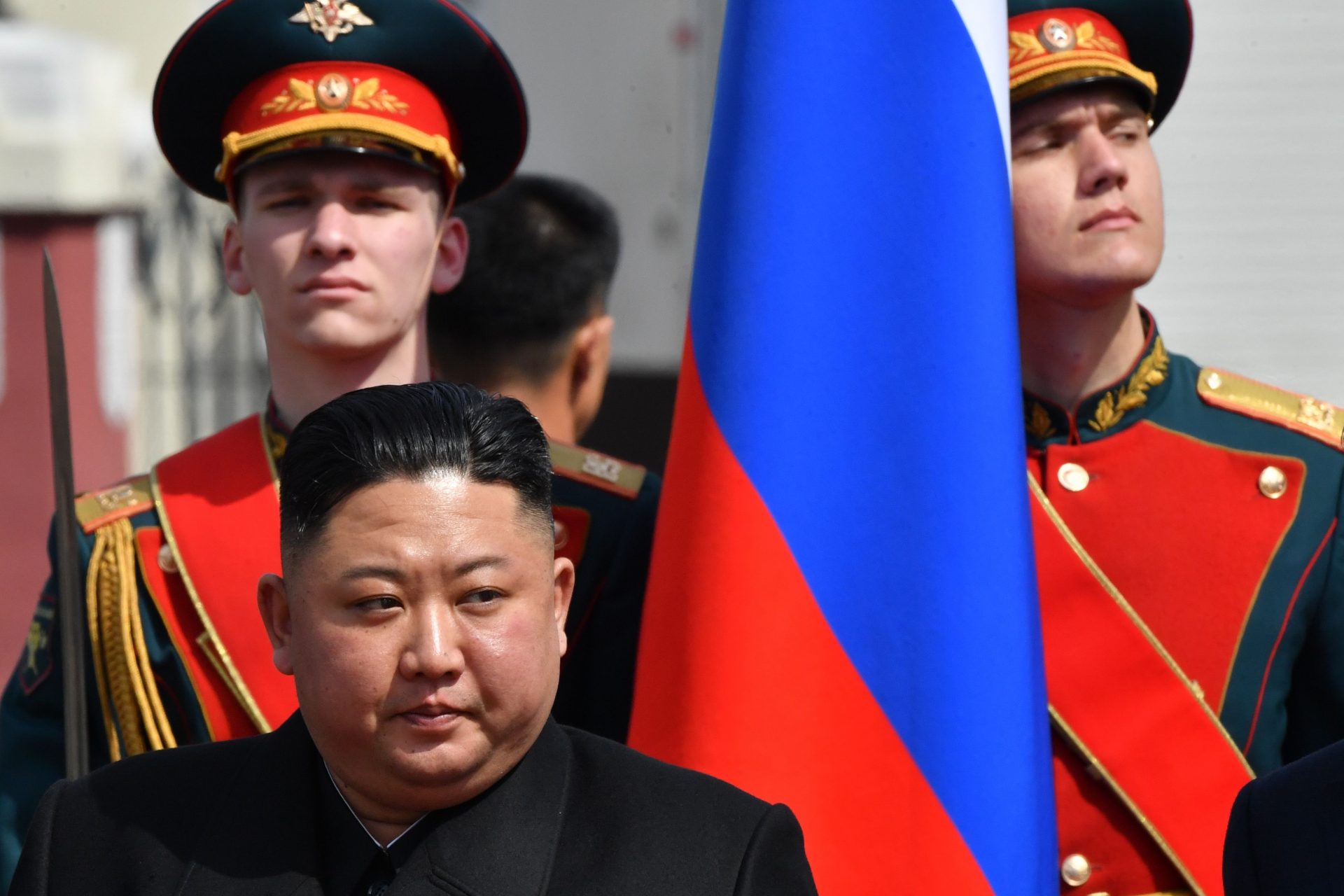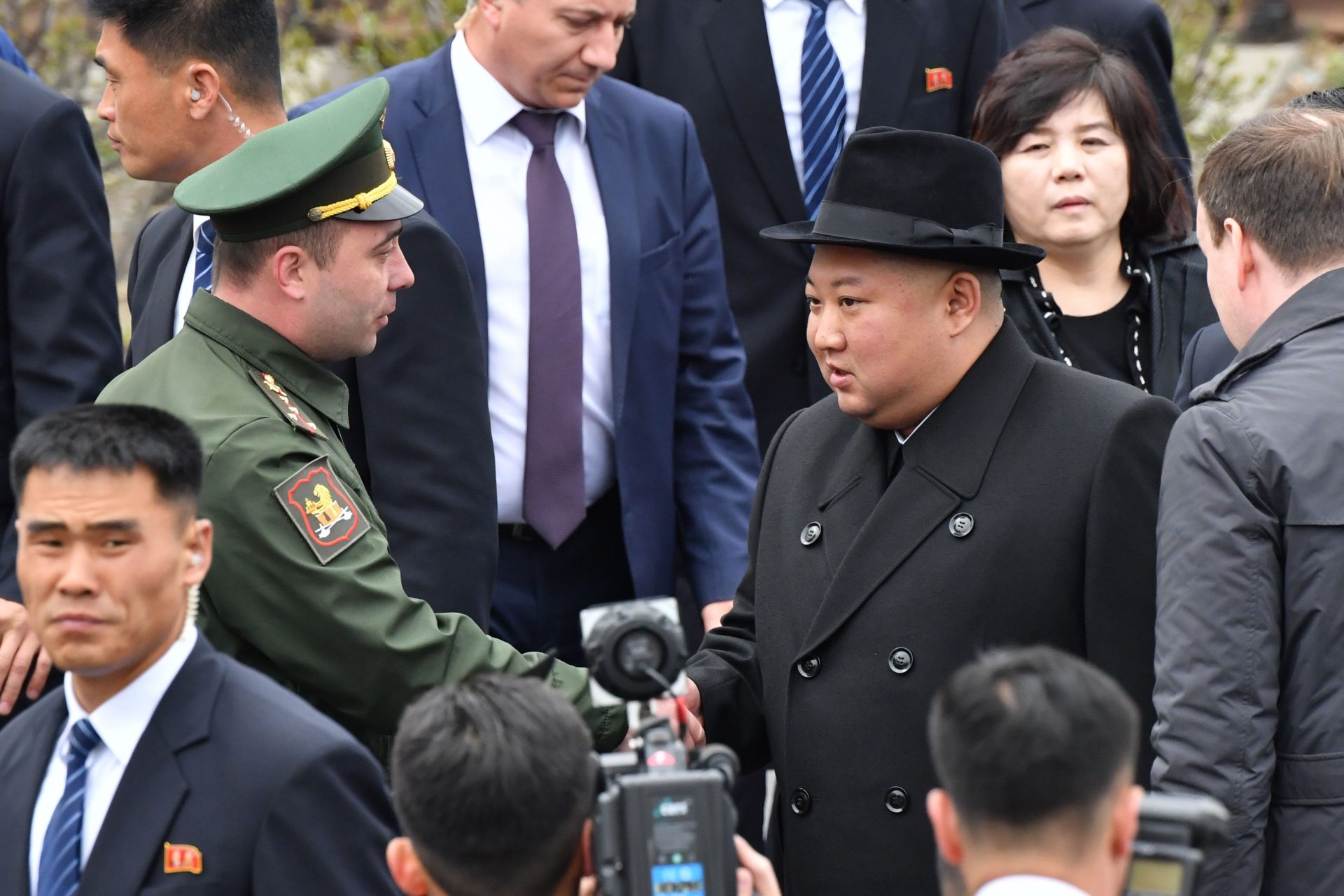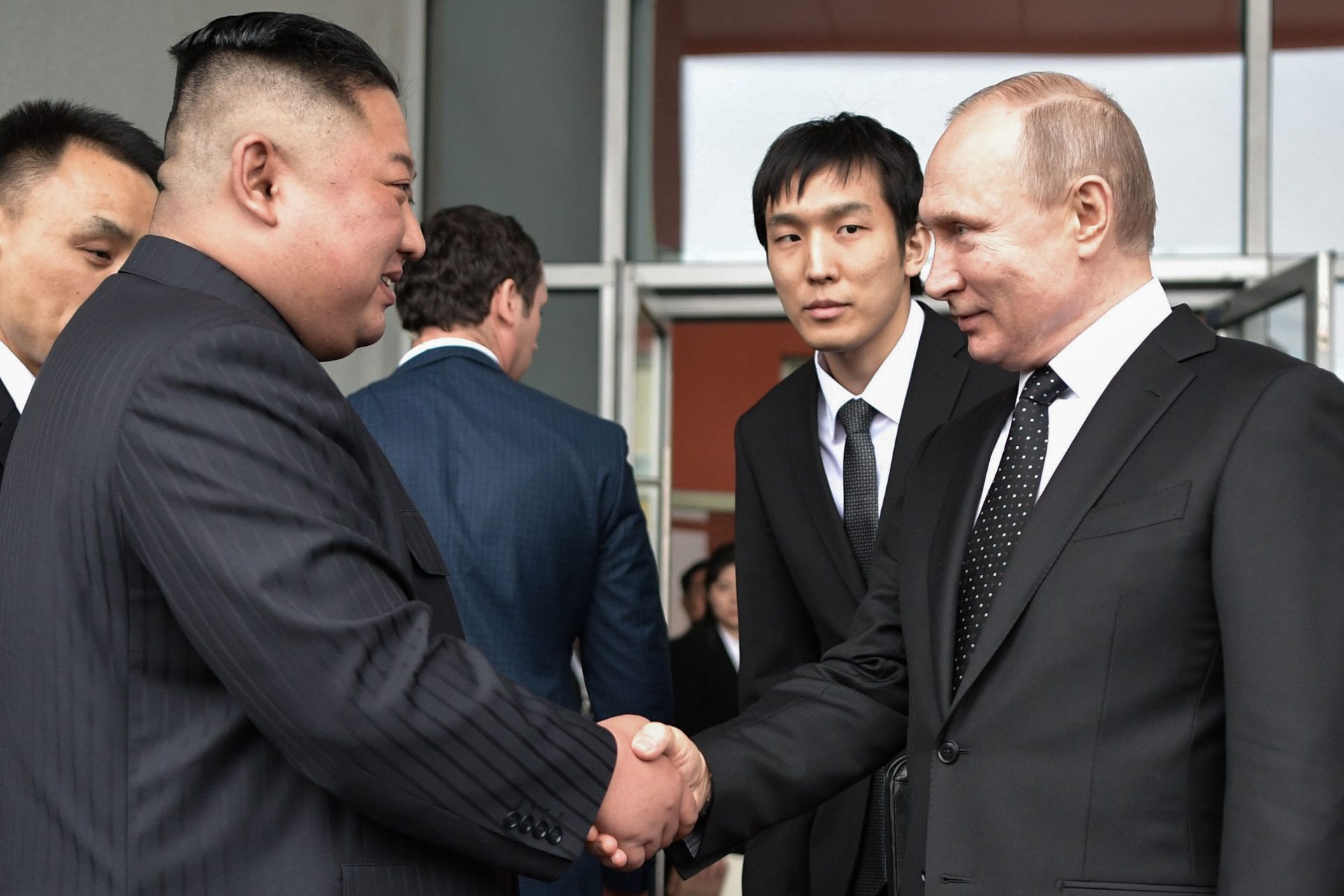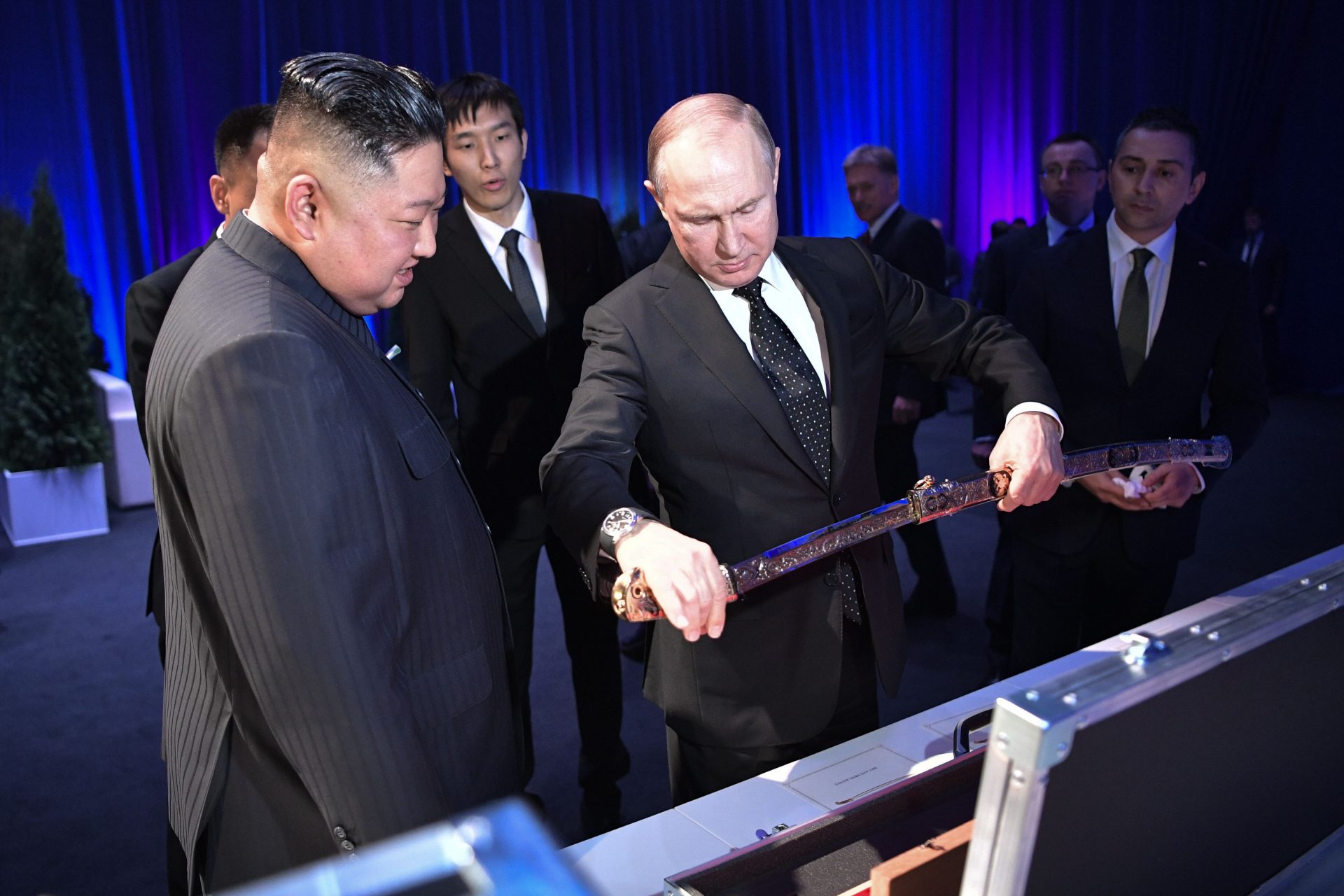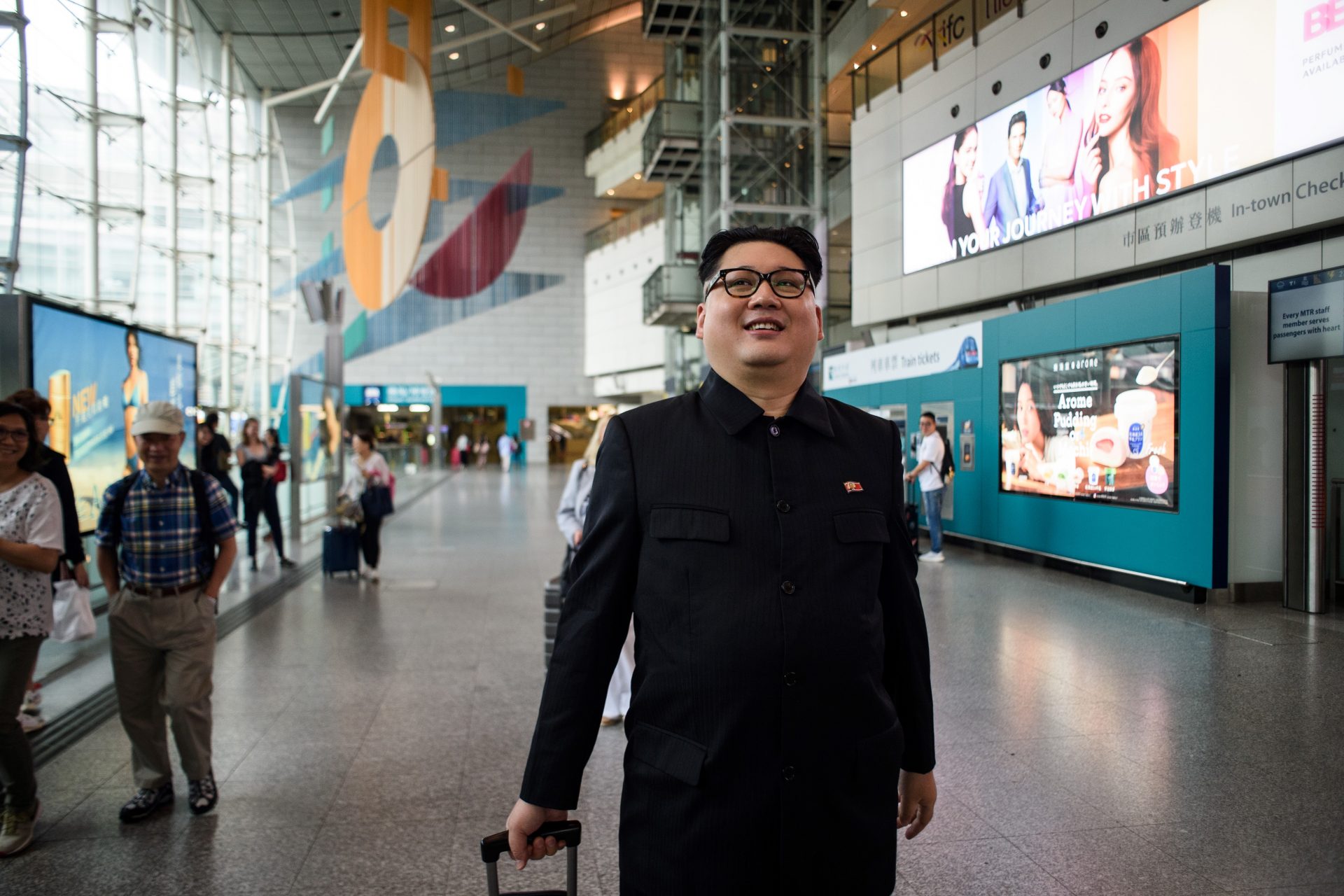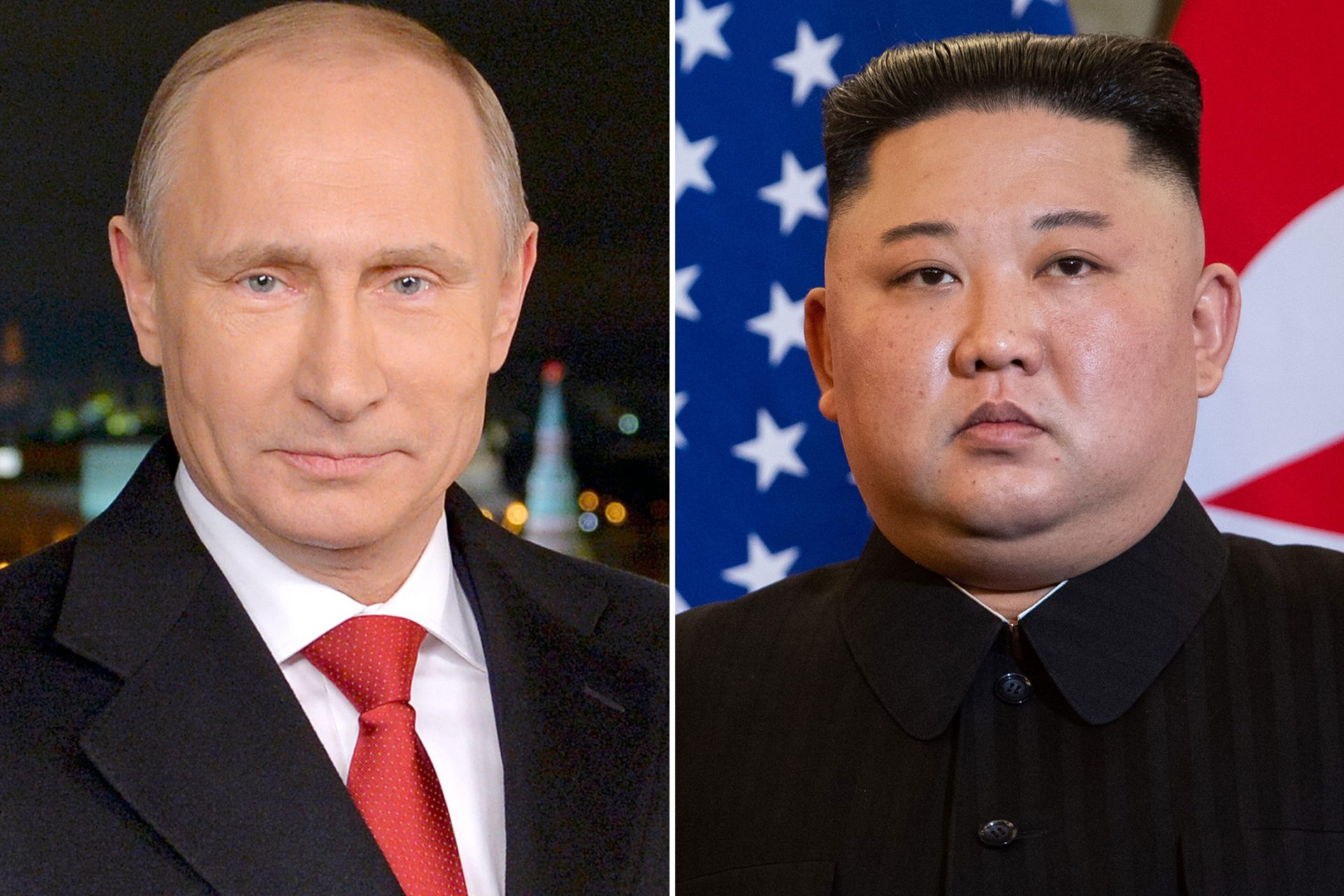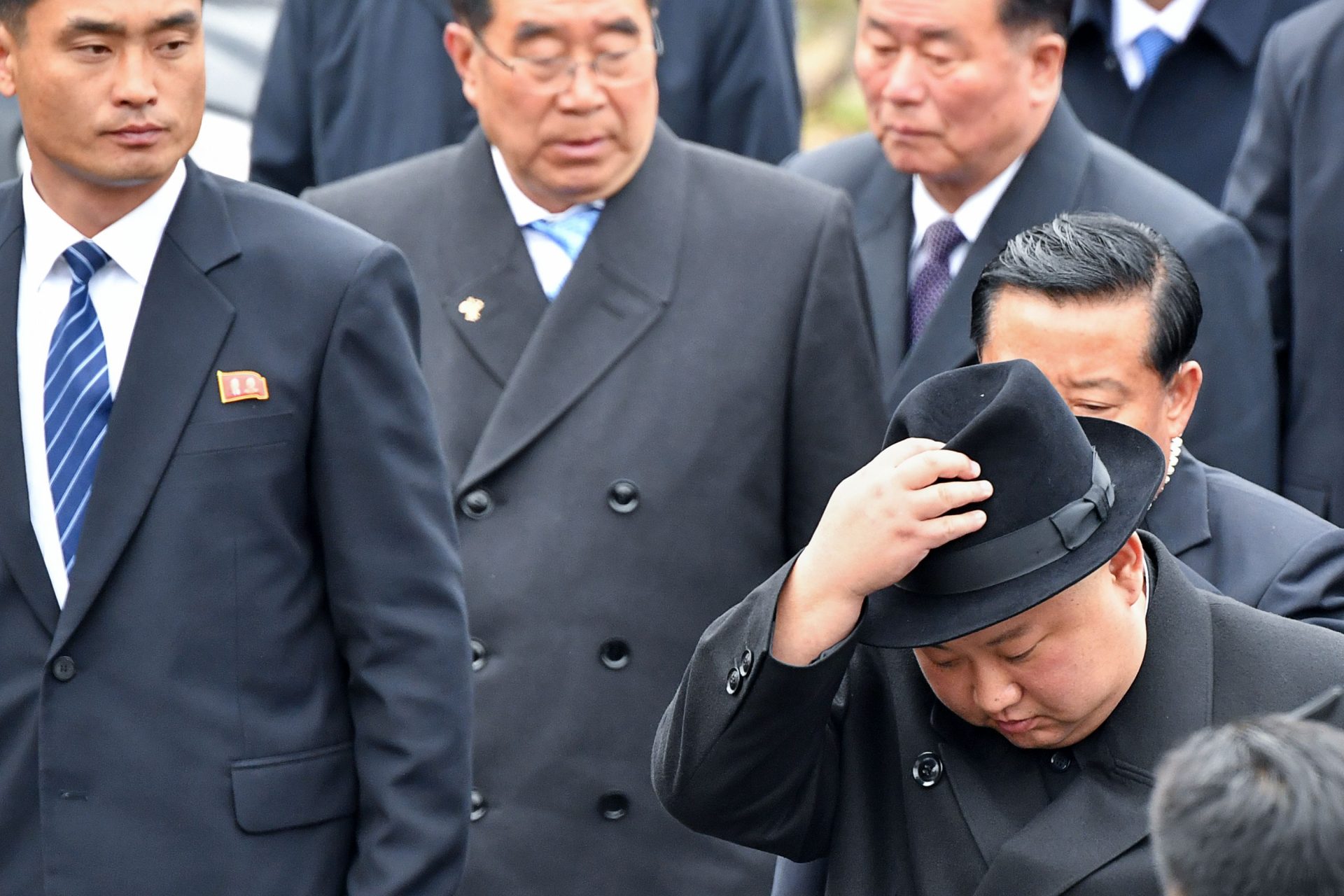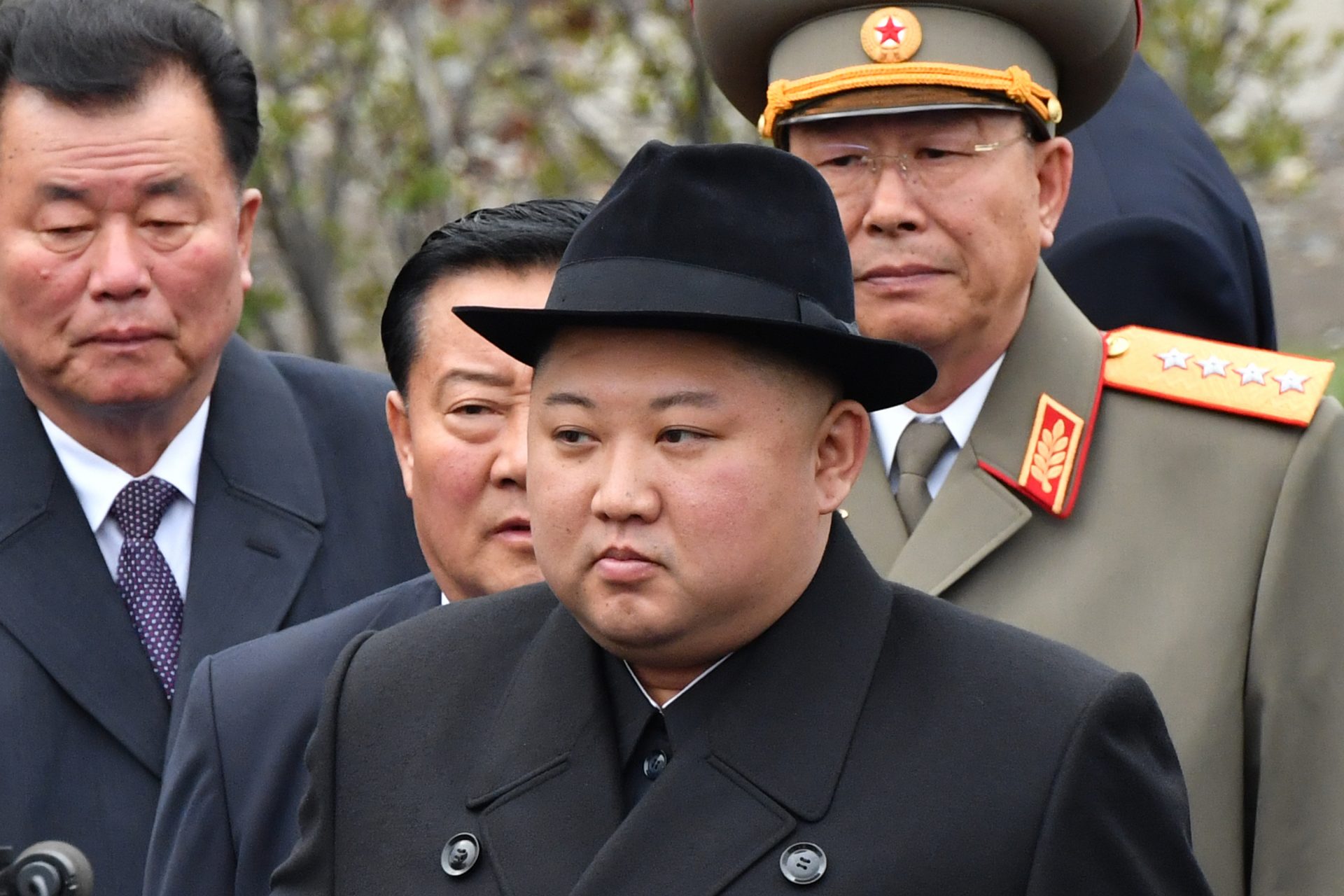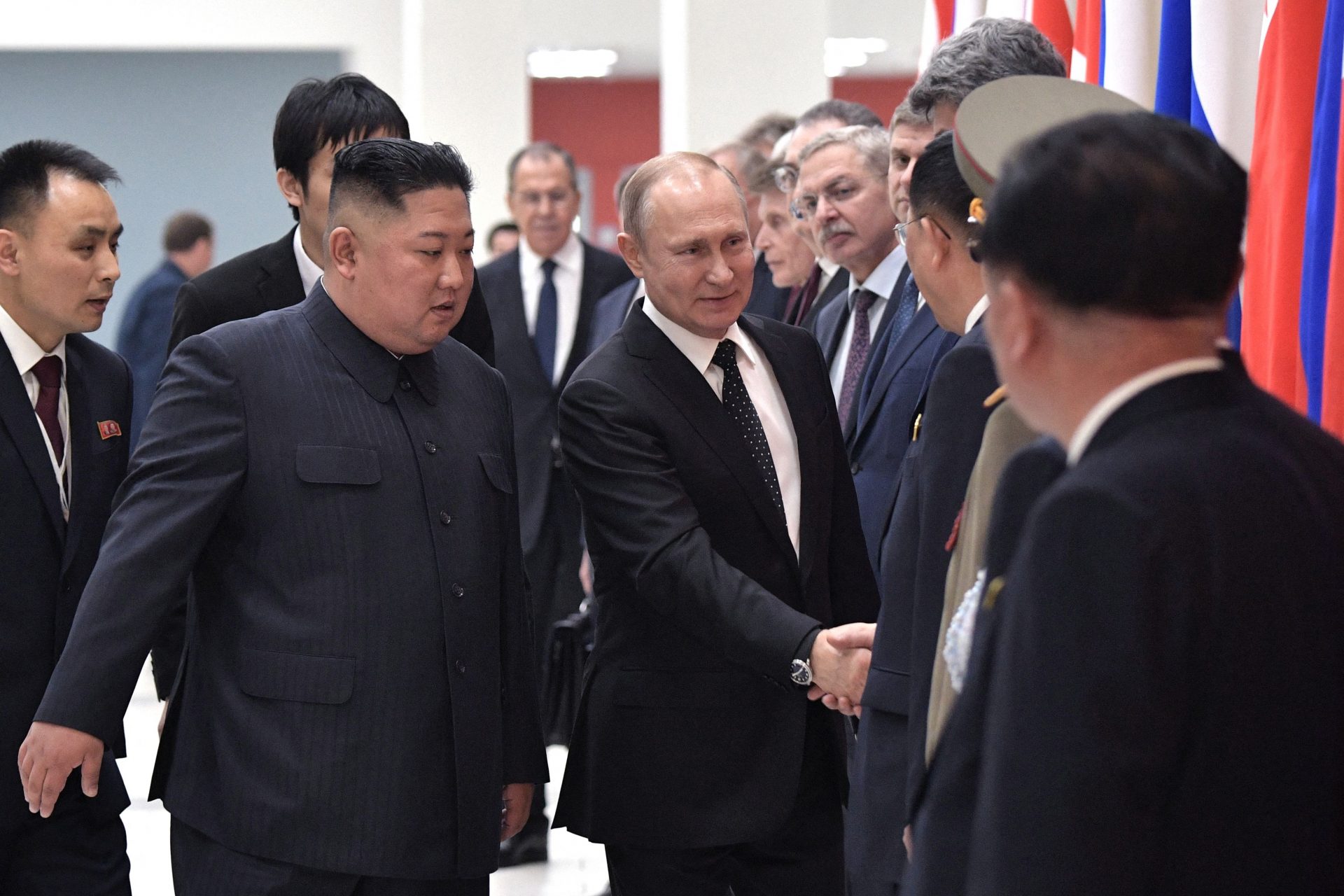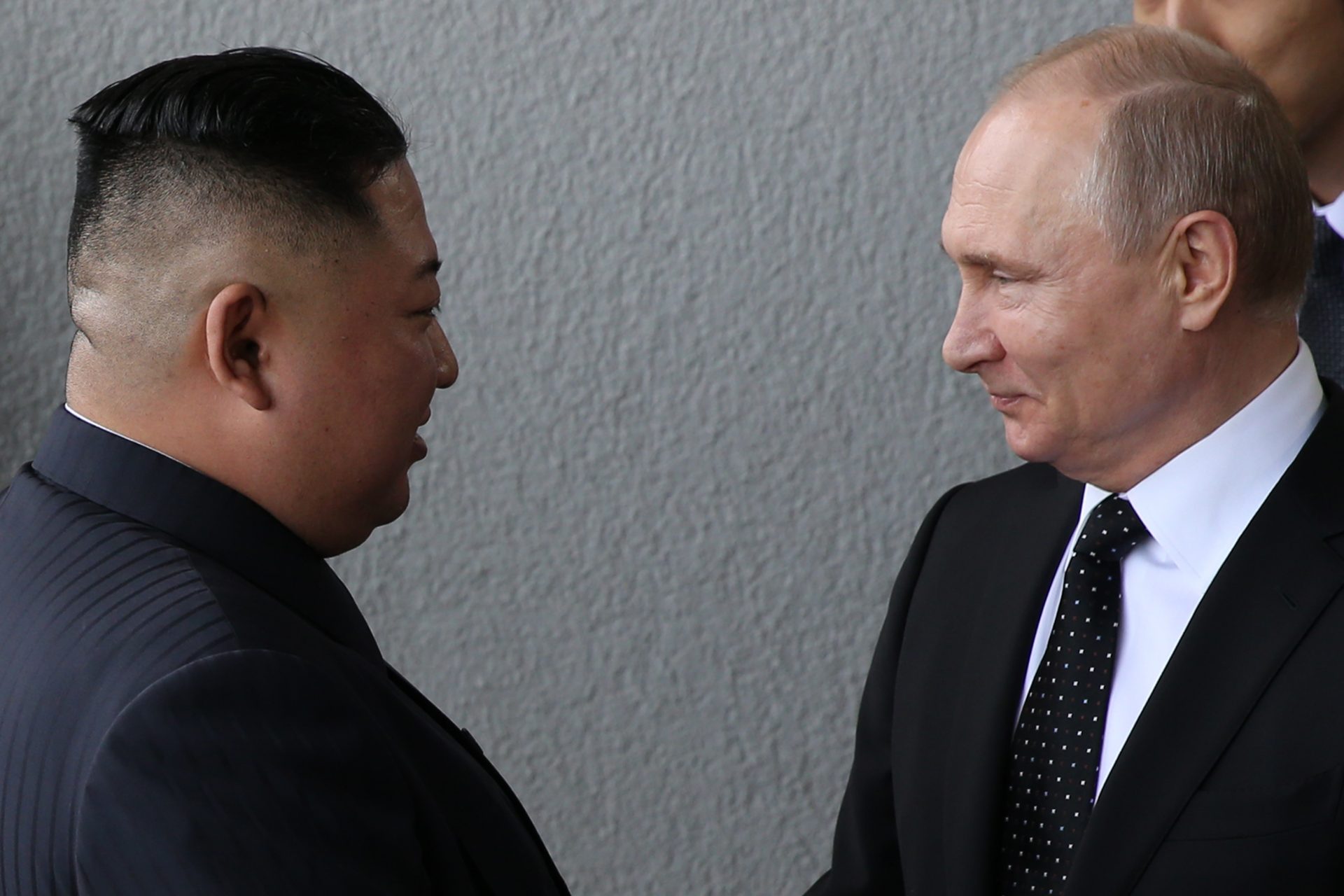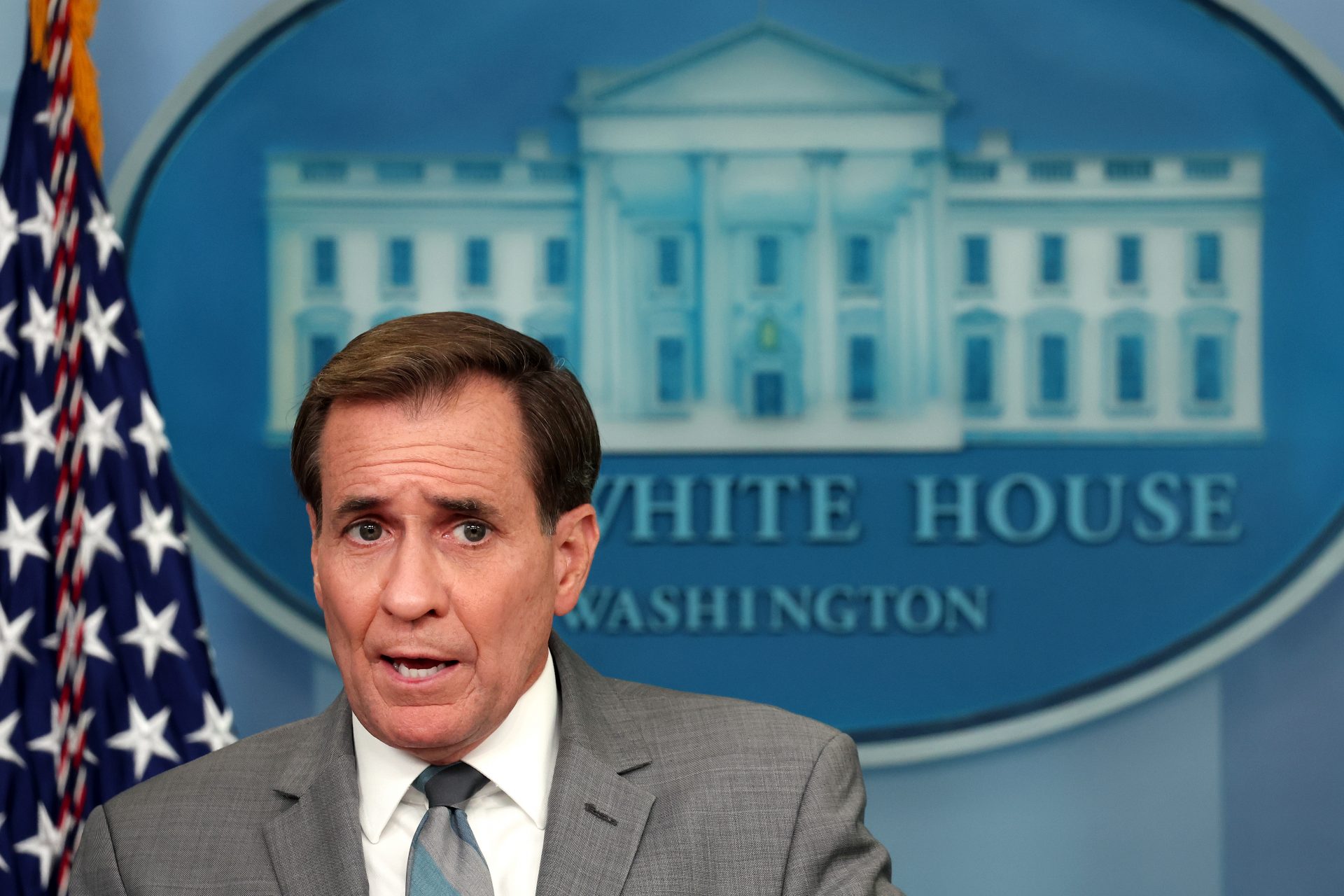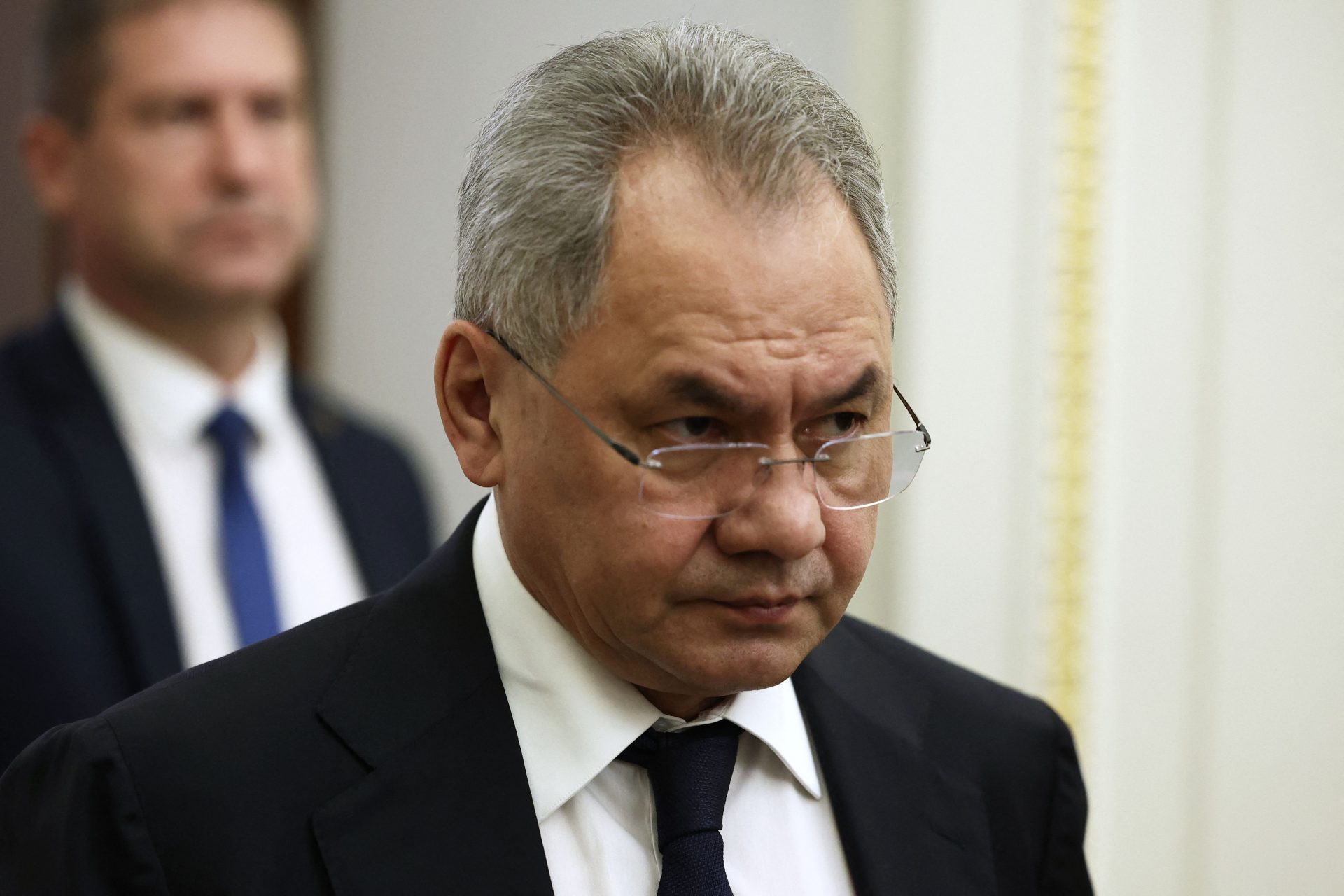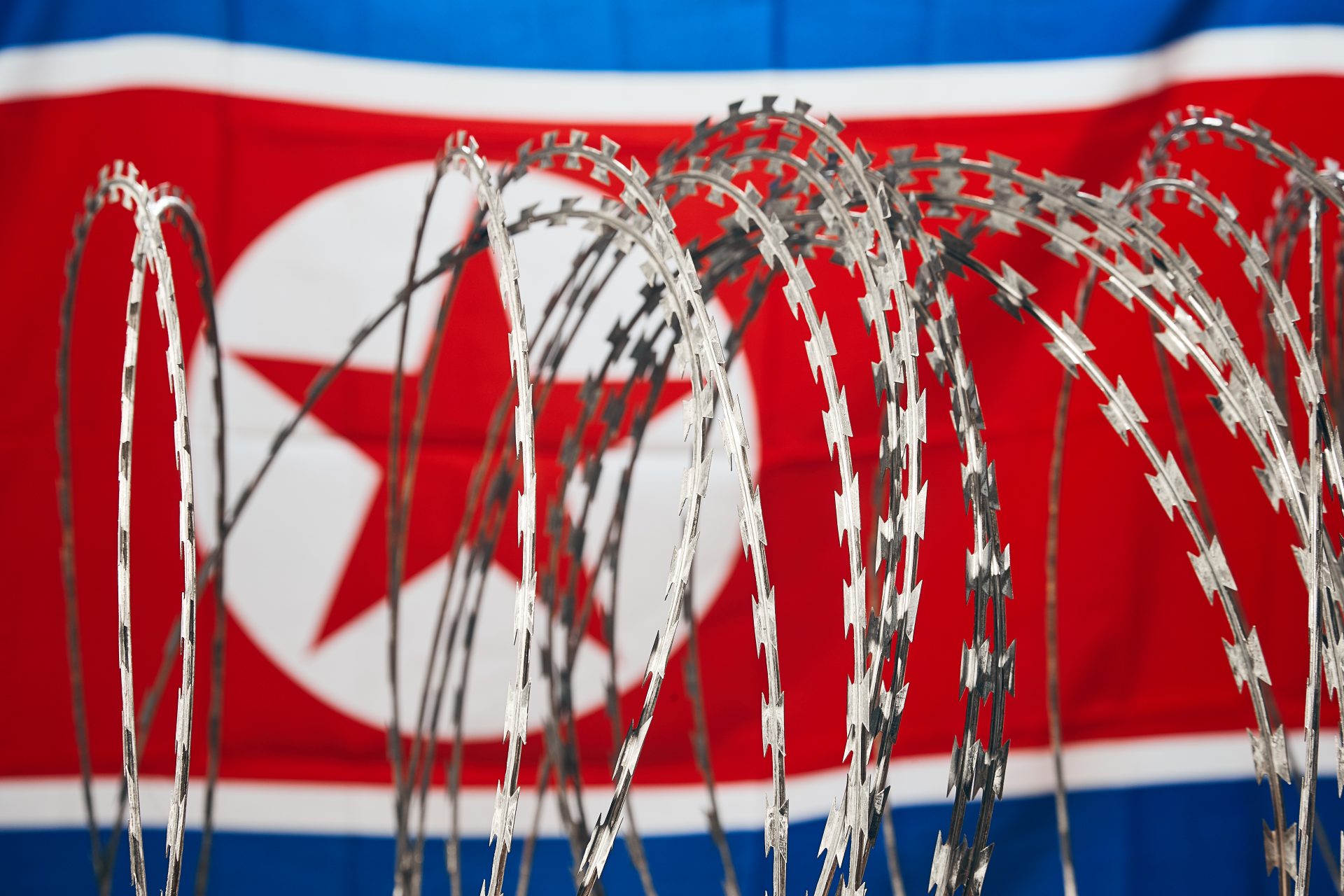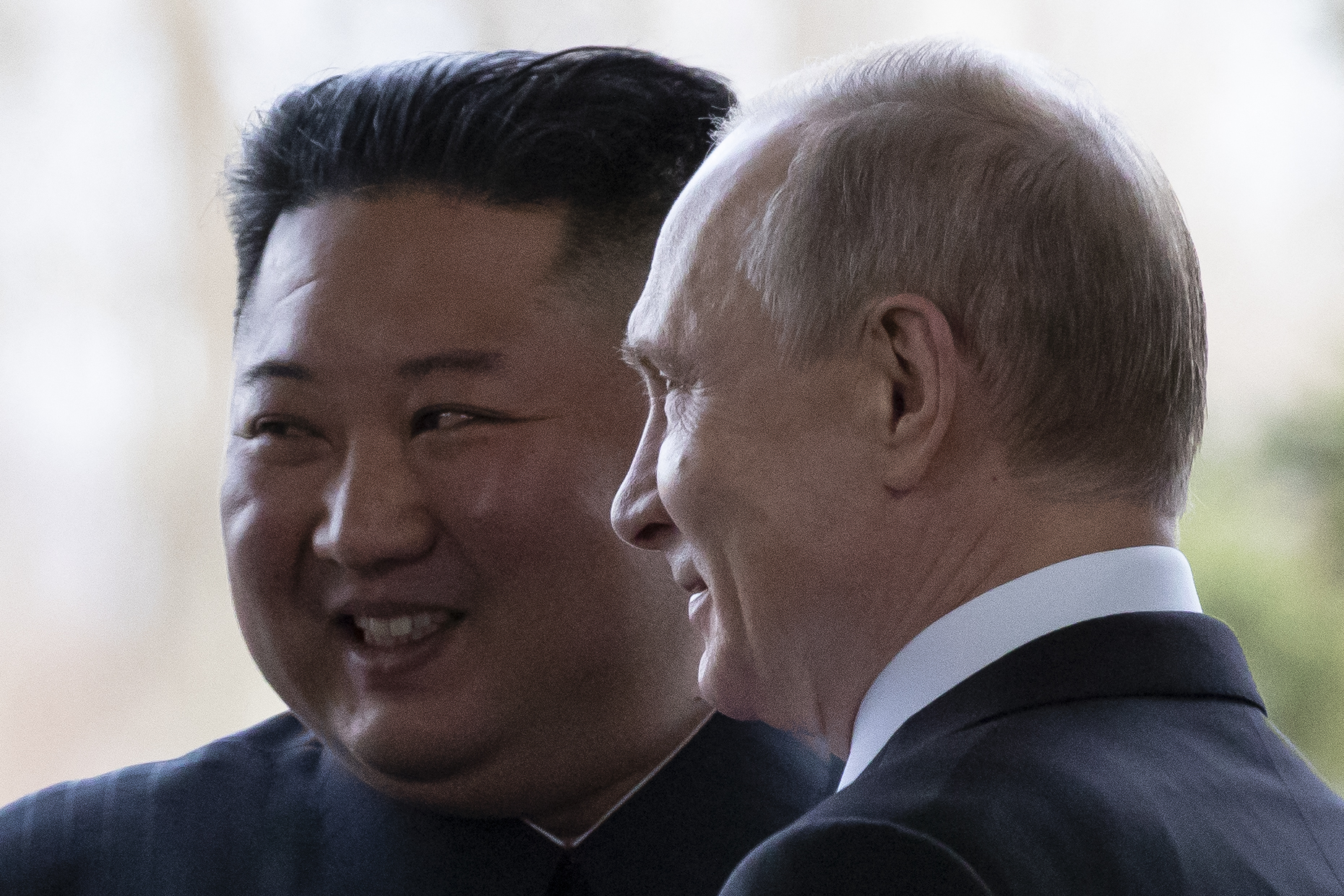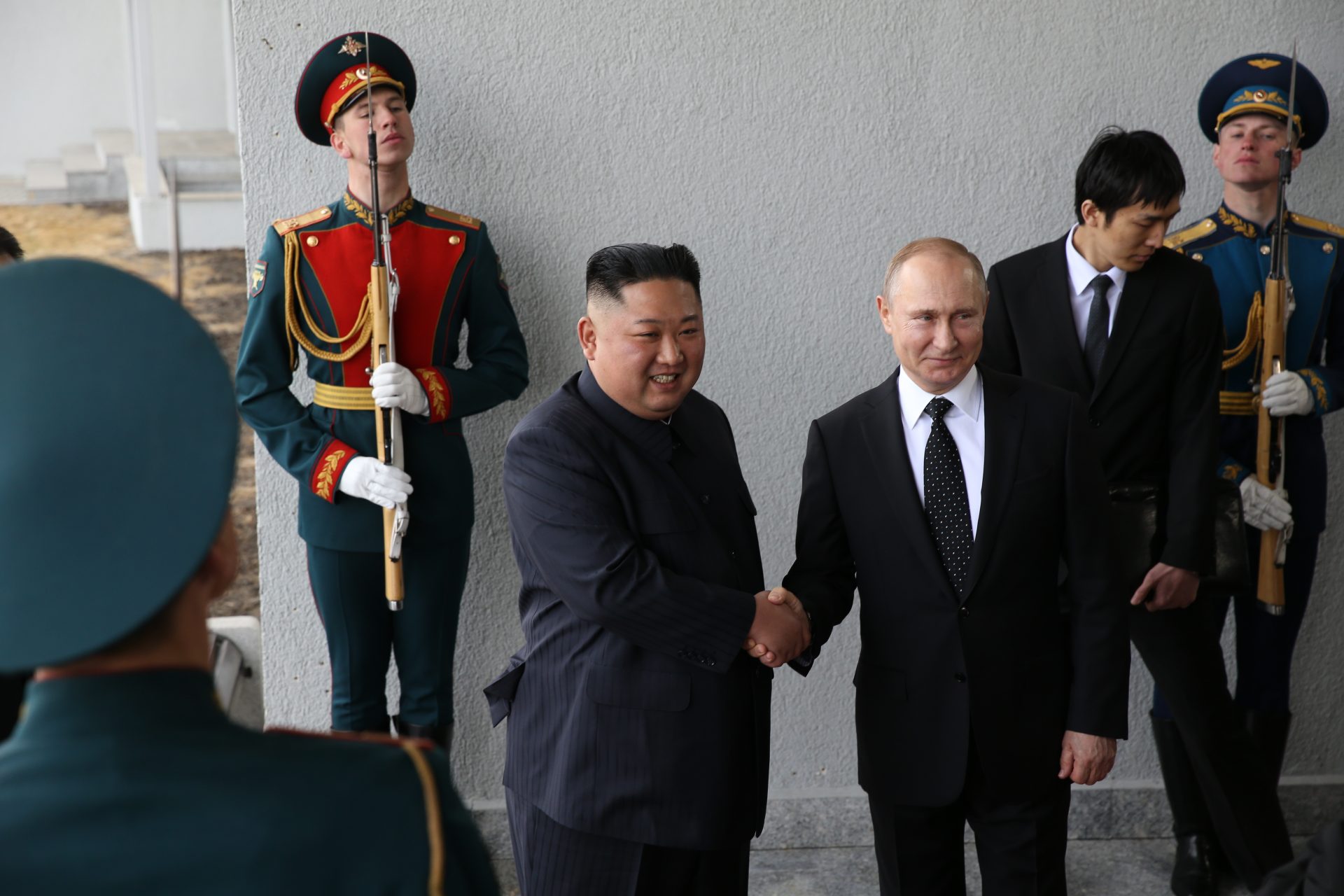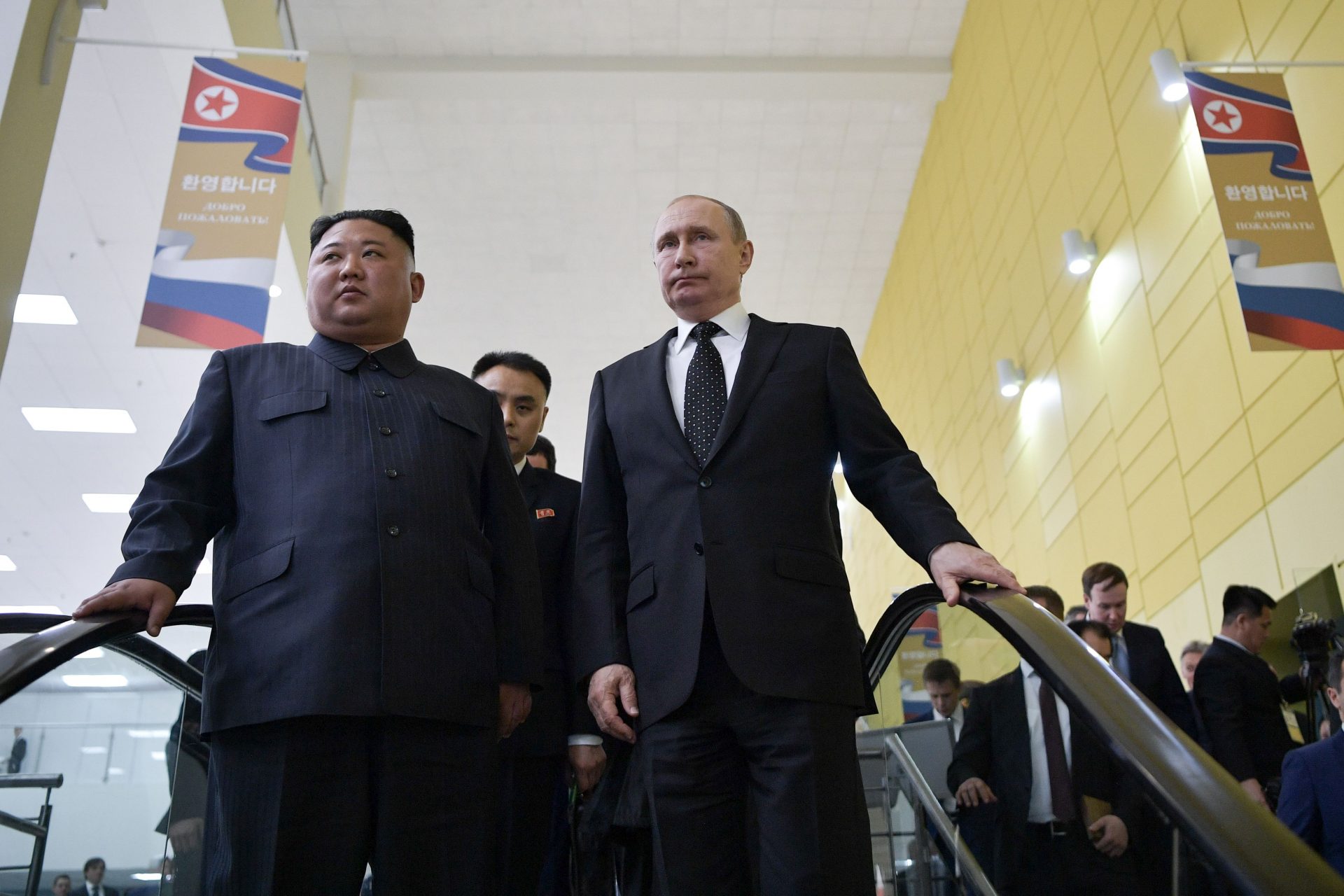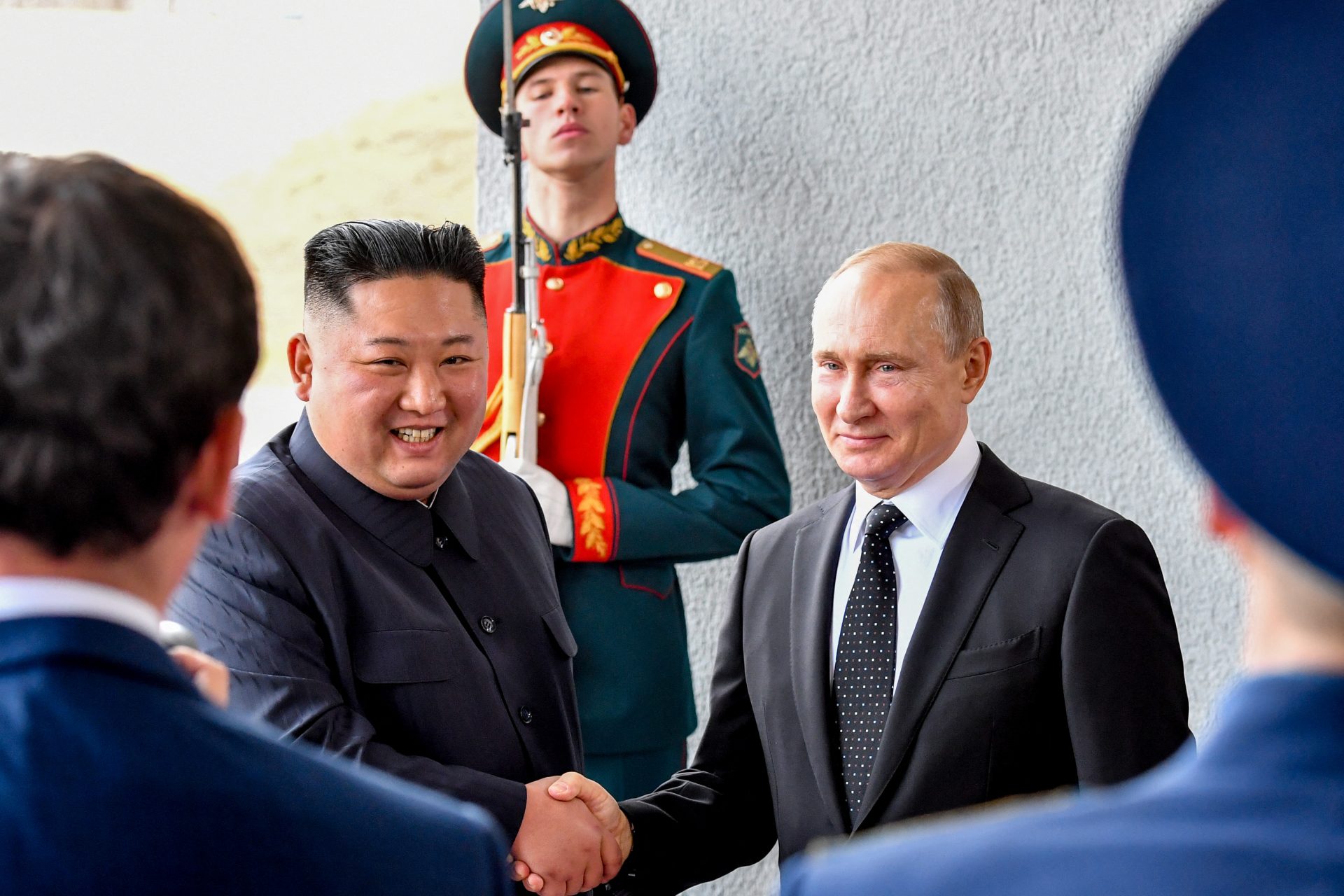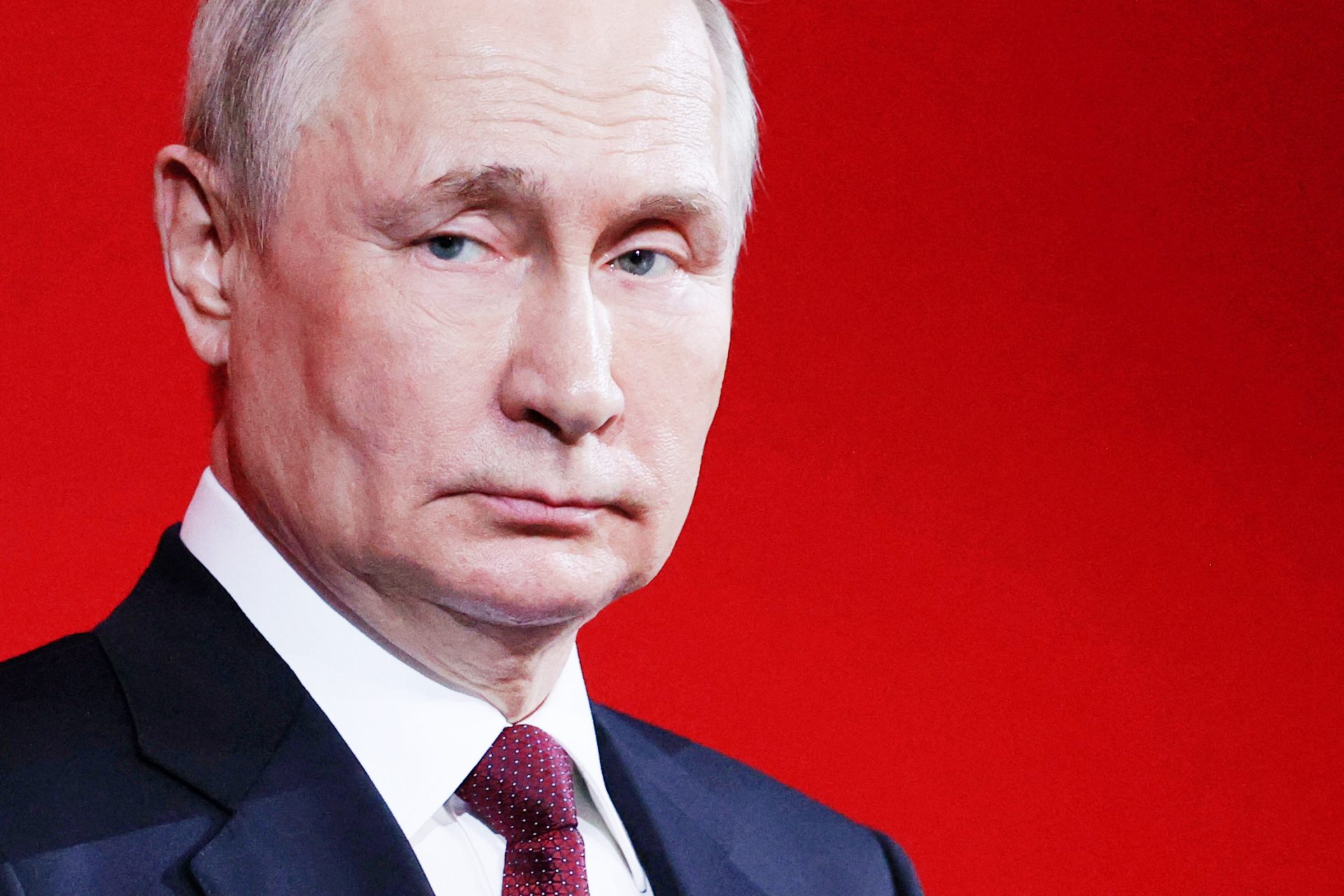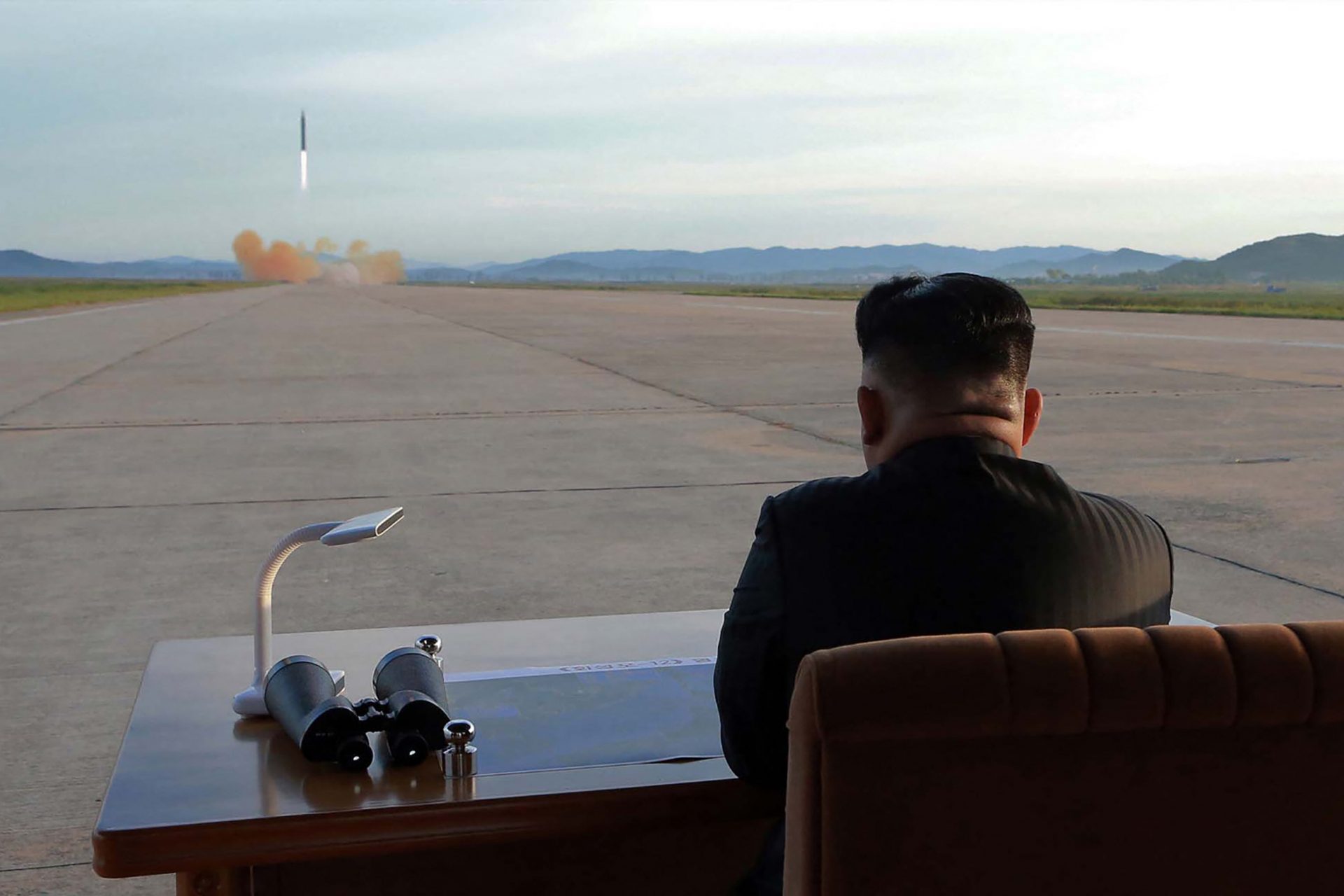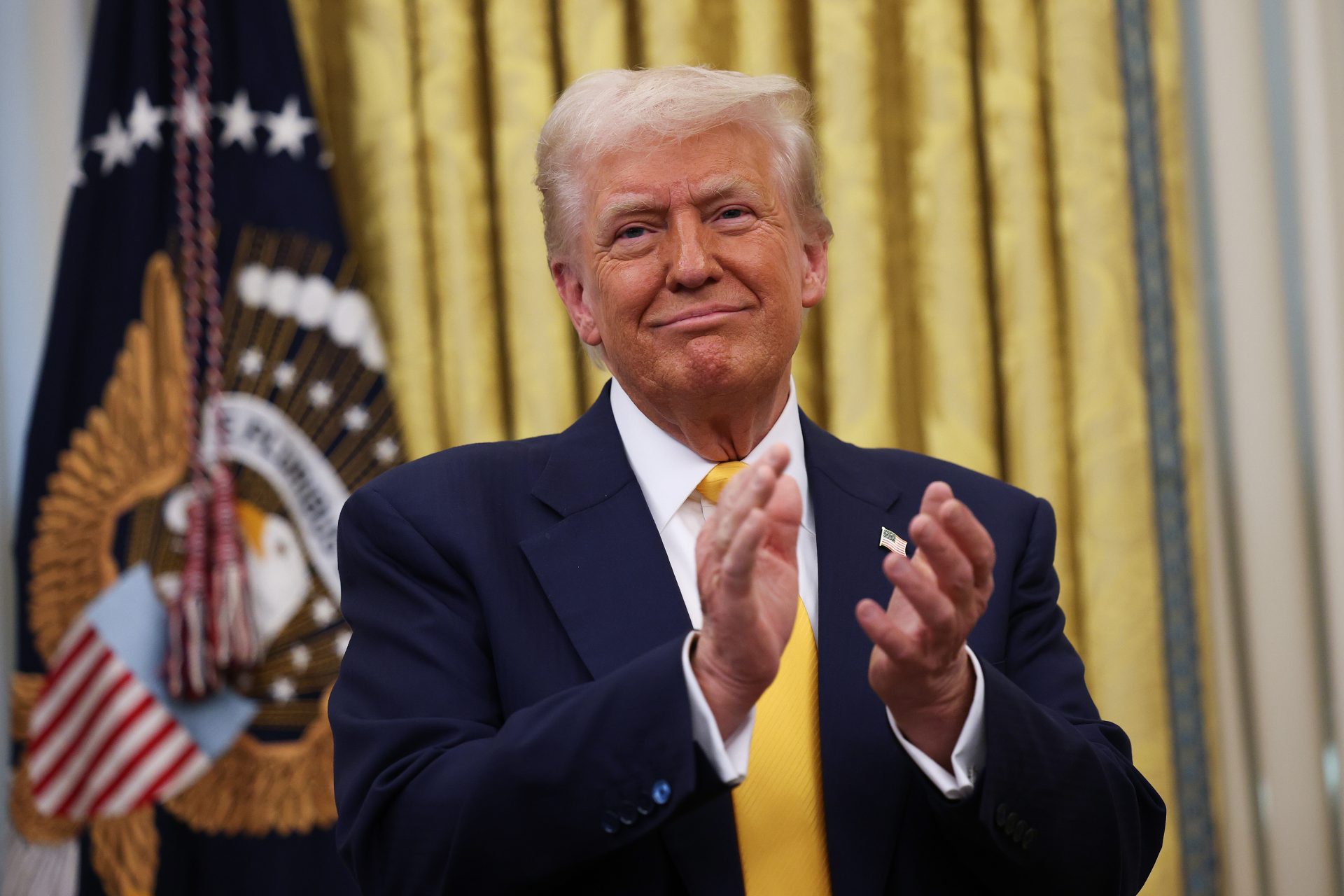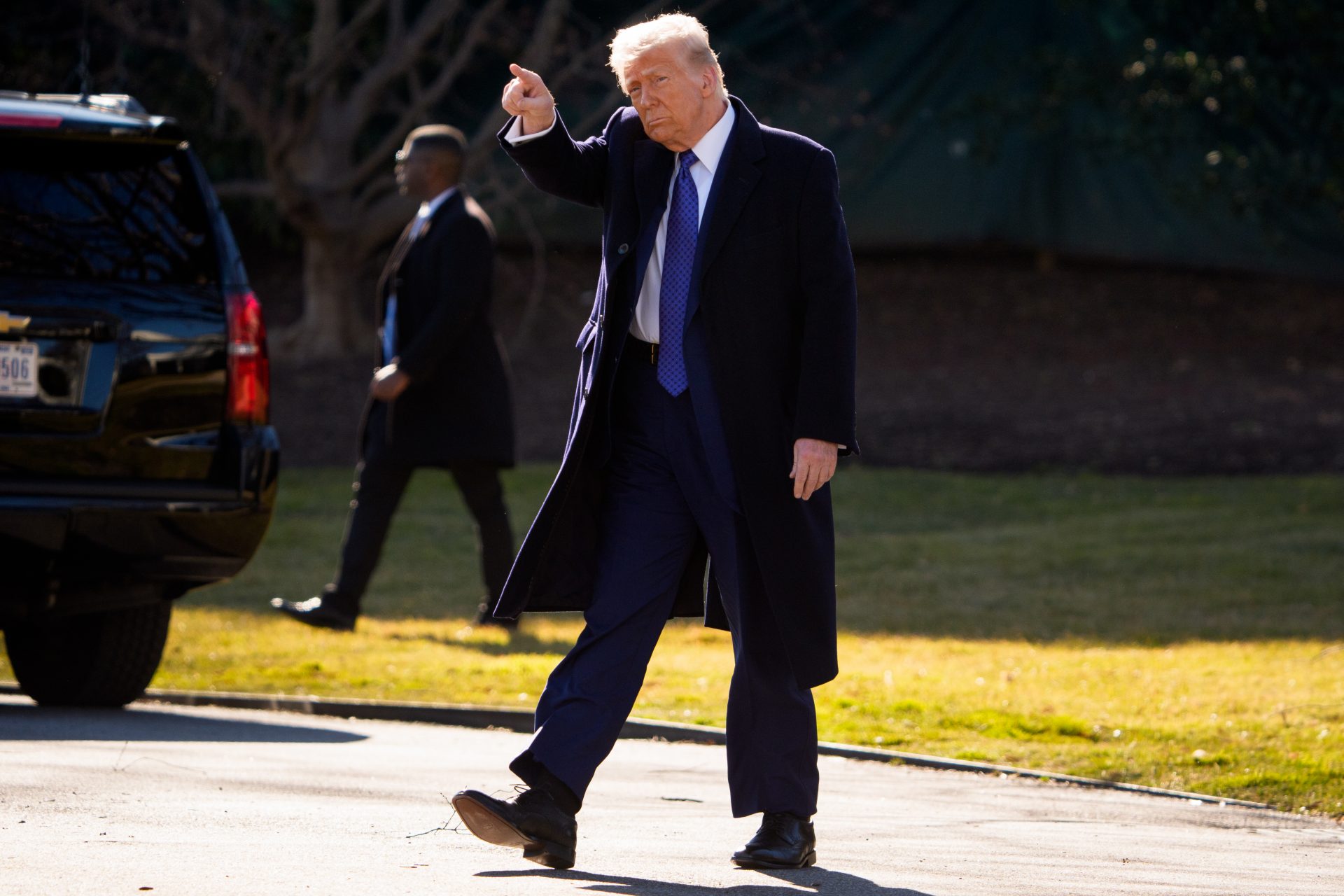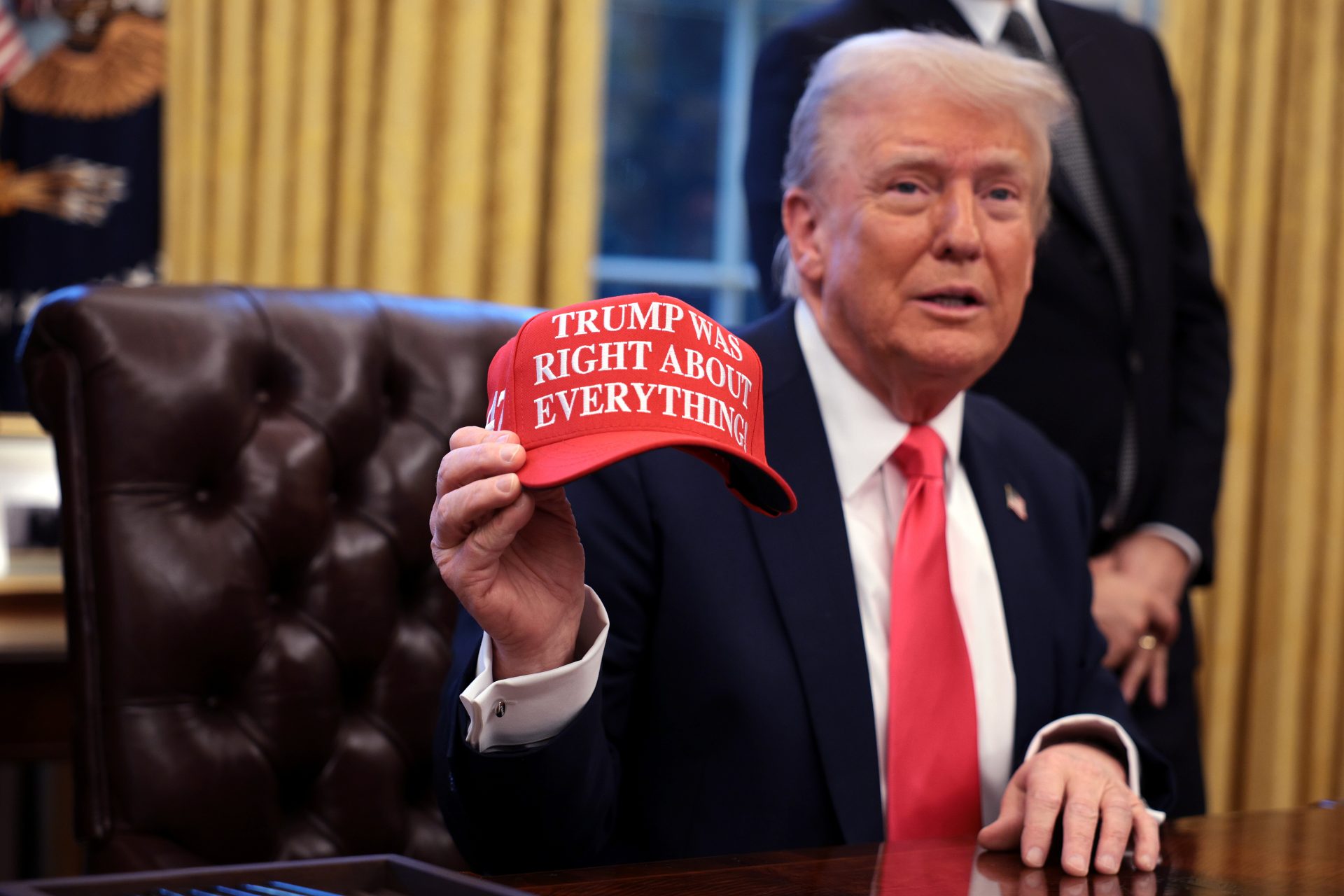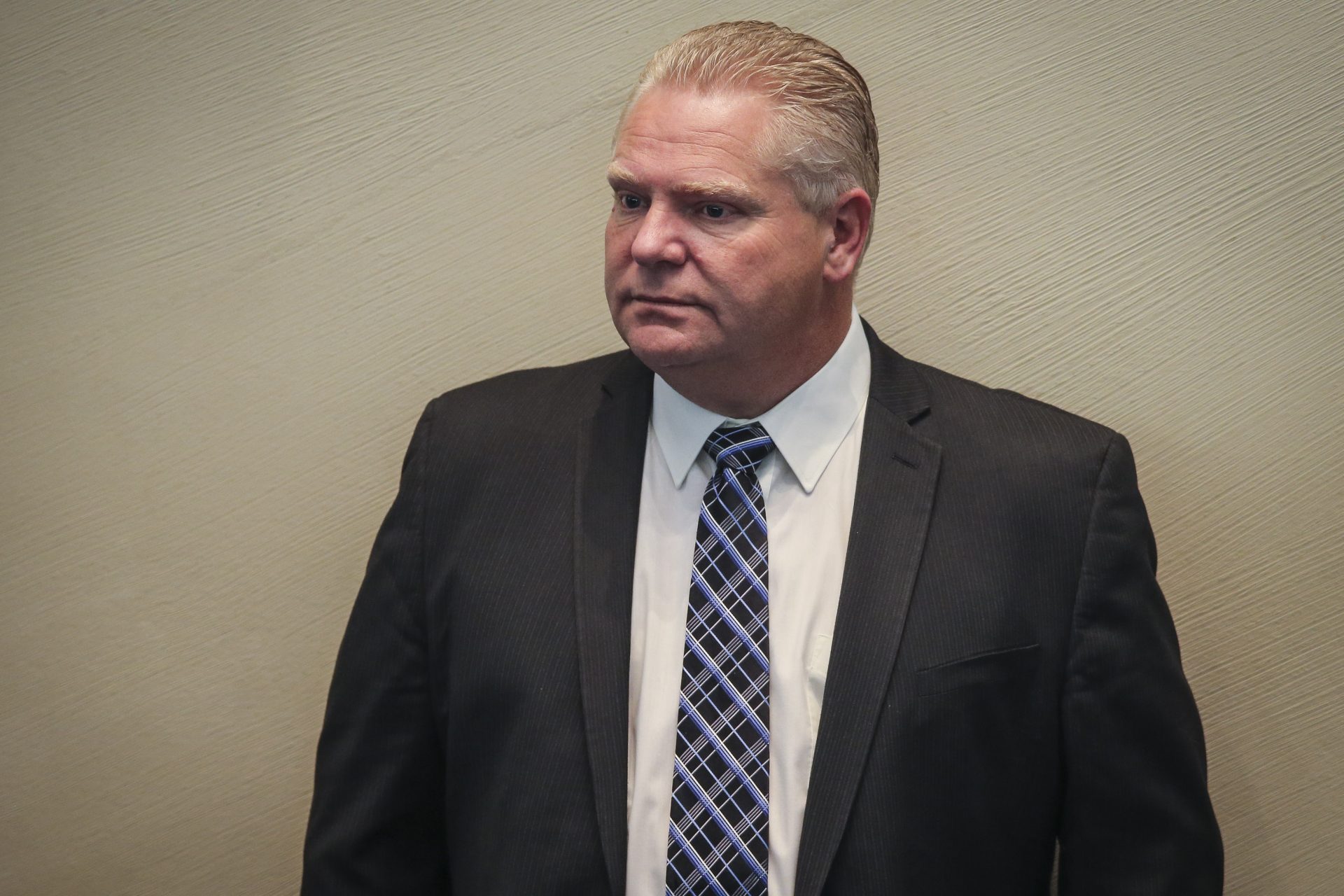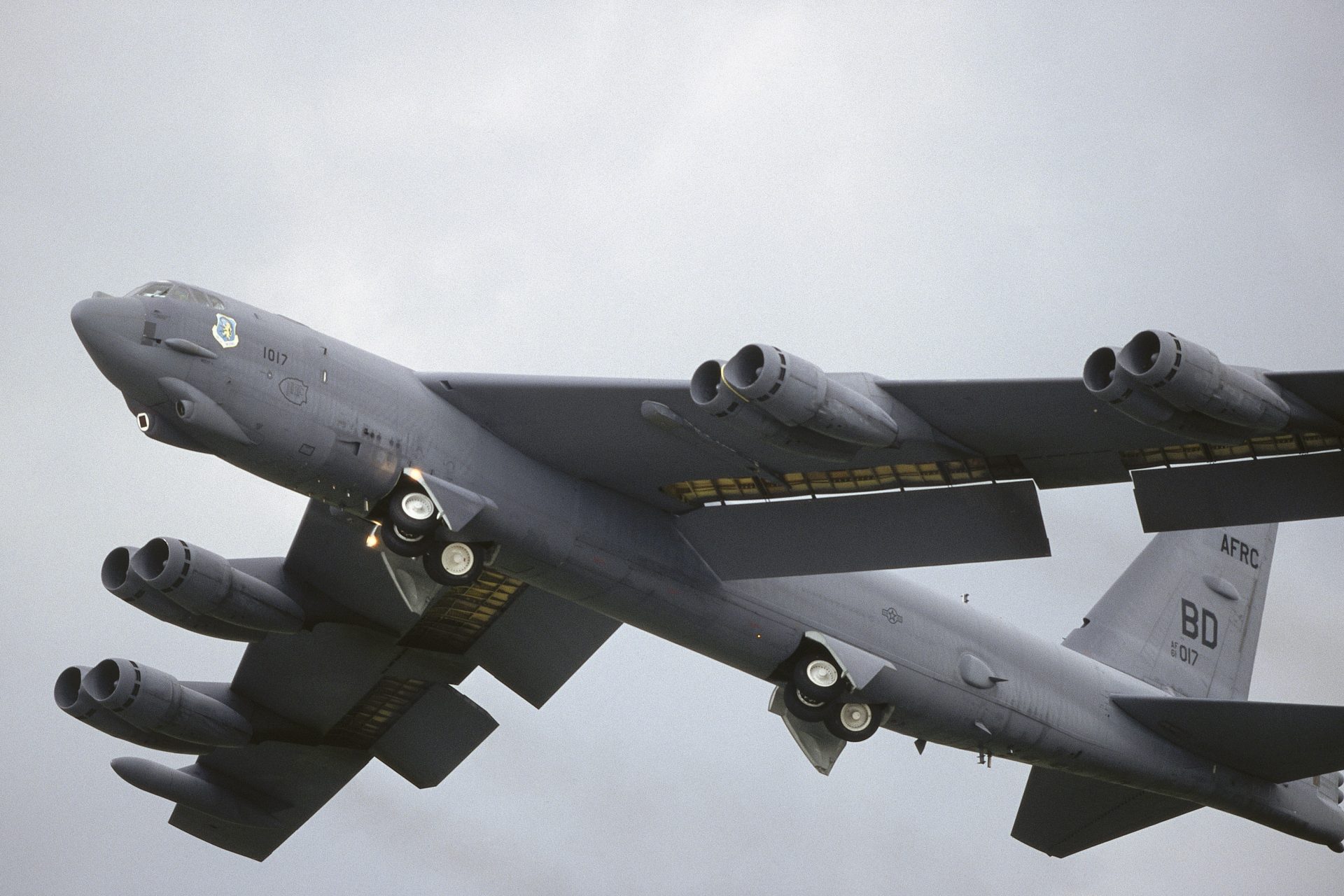Kim Jong Un is in Russia -will he make an arms deal with Putin?
After much speculation and worrying by the West, it is official: North Korea's leader, Kim Jong Un, has officially arrived in Russia.
According to Japan's Kyodo news outlet, which cited an unnamed official source, Kim arrived via armoured train at the Khasan station, the main rail access point to the far east of Russia, on September 12.
According to The Guardian, Dmitry Peskov, the Kremlin spokesperson, confirmed in an online video that Kim Jong Un would be meeting Russian President Vladimir Putin during a "full-scale visit to strengthen ties."
However, there is great worry that the pair plan to make an arms deal, as Russia is struggling in that area due to the war in Ukraine.
On Monday, September 11, various media outlets reported that Kim Jong Un was travelling via armoured train to Russia to meet with Vladimir Putin.
According to Russia 24, a state television station, Putin arrived in Vladivostok, a Russian city located in the country's eastern region, on September 11 to await Kim's arrival.
Per The Guardian, North Korea's official KCNA media outlet said Kim is travelling with military personnel and senior government officials.
Many believe that both Choe Sun-hui, who is in charge of the country's defence industry and military business, along with Jo Chun-ryong, the munitions department director, are accompanying Kim for his talks with Putin, making it seem very likely Putin and Kim will be discussing munitions purchases.
Putin and Kim are meeting despite repeated warnings from the United States about any potential arms deals resulting in sanctions.
The Kremlin's spokesman Peskov, according to the Russian news agency TASS, said, "As you know, while implementing our relations with our neighbours, including North Korea, the interests of our two countries are important to us, and not warnings from Washington."
Last week, CBS News reported that a US official said Kim Jong Un is reportedly planning to visit Russia this month for a meeting with President Vladimir Putin.
Edward Wong, a diplomatic correspondent for The New York Times, said that a North Korean advance team, including security officers overseeing leadership travel protocols, had visited Vladivostok and Moscow the previous month.
The announcement of this meeting follows recent remarks from the White House, suggesting that negotiations on arms between the North Korea and Russia are actively progressing.
National Security Council spokesman John Kirby revealed that Russia's Defense Minister, Sergei Shoigu, had engaged in discussions with North Korea during a visit in July, attempting to secure artillery ammunition supplies.
According to the BBC, Russia appears to have a shortage of 122mm and 152mm shells. However, knowing if North Korea has this kind of artillery in stock is next to impossible.
The meeting between Kim and Shoigu in July was a bit of a weapons show-off session, with North Korea's' Hwasong intercontinental ballistic missile, believed to be the country's first ICBM employing solid propellants.
Notably, Shoigu's visit marked the first time North Korea had hosted foreign visitors since the COVID-19 pandemic began.
Since July, Vladimir Putin and Kim Jong Un have exchanged letters expressing their commitment to enhance bilateral cooperation, according to the statements made by John Kirby.
John Kirby cautioned North Korea against pursuing arms negotiations with Russia in his statements, saying, "We urge the DPRK to cease its arms negotiations with Russia and abide by the public commitments that Pyongyang has made to not provide or sell arms to Russia."
The last meeting between the two leaders took place in 2019 when Kim Jong Un arrived in Vladivostok, Russia's far east, via train and the visit was likely Kim's most recent international trip.
Concerns are growing in both Washington and Seoul regarding the terms of the potential arms deal between North Korea and Russia, as it may lead to increased military collaboration between the two nations.
According to the BBC, South Korea's intelligence service disclosed that Sergei Shoigu had suggested joint naval exercises involving Russia, China, and North Korea, similar to those conducted by the US, South Korea, and Japan.
There are also apprehensions that Russia might supply advanced weapons technology or knowledge to North Korea, potentially aiding their nuclear weapons program. North Korea has recently tested hypersonic missiles and others launched from submarines, raising further concerns.
Nonetheless, the outcome of the meeting could be primarily transactional, driven by Russia's need for weaponry and North Korea's need for financial resources and food.
More for you
Top Stories



